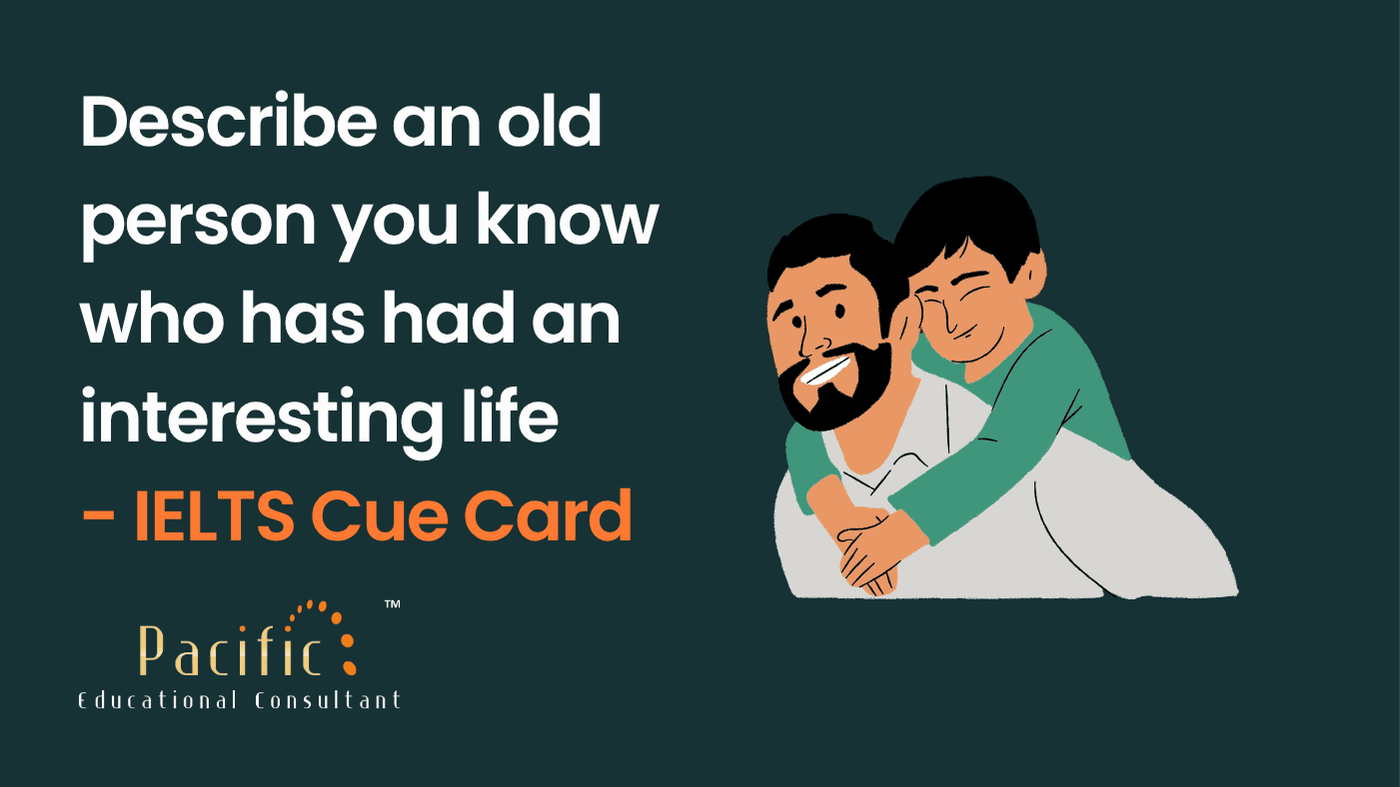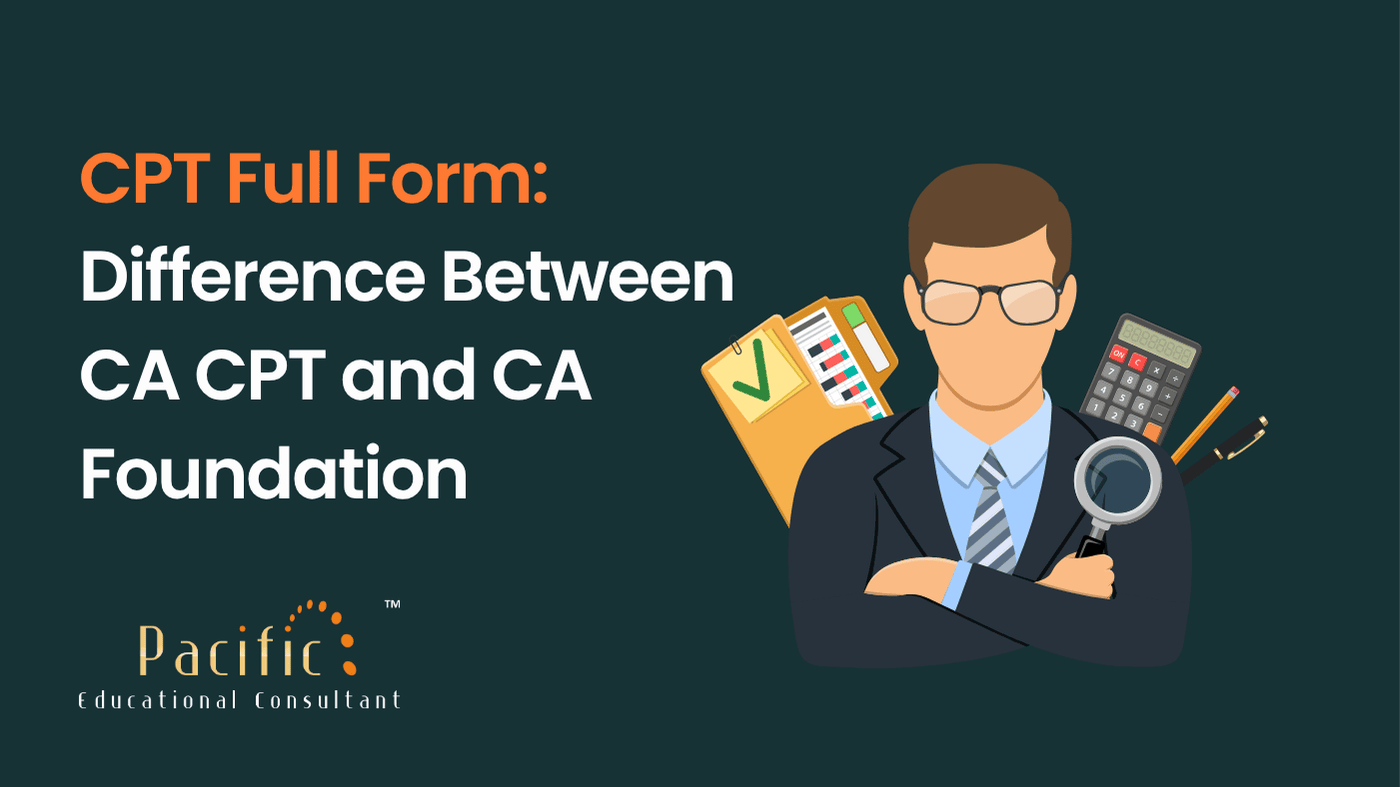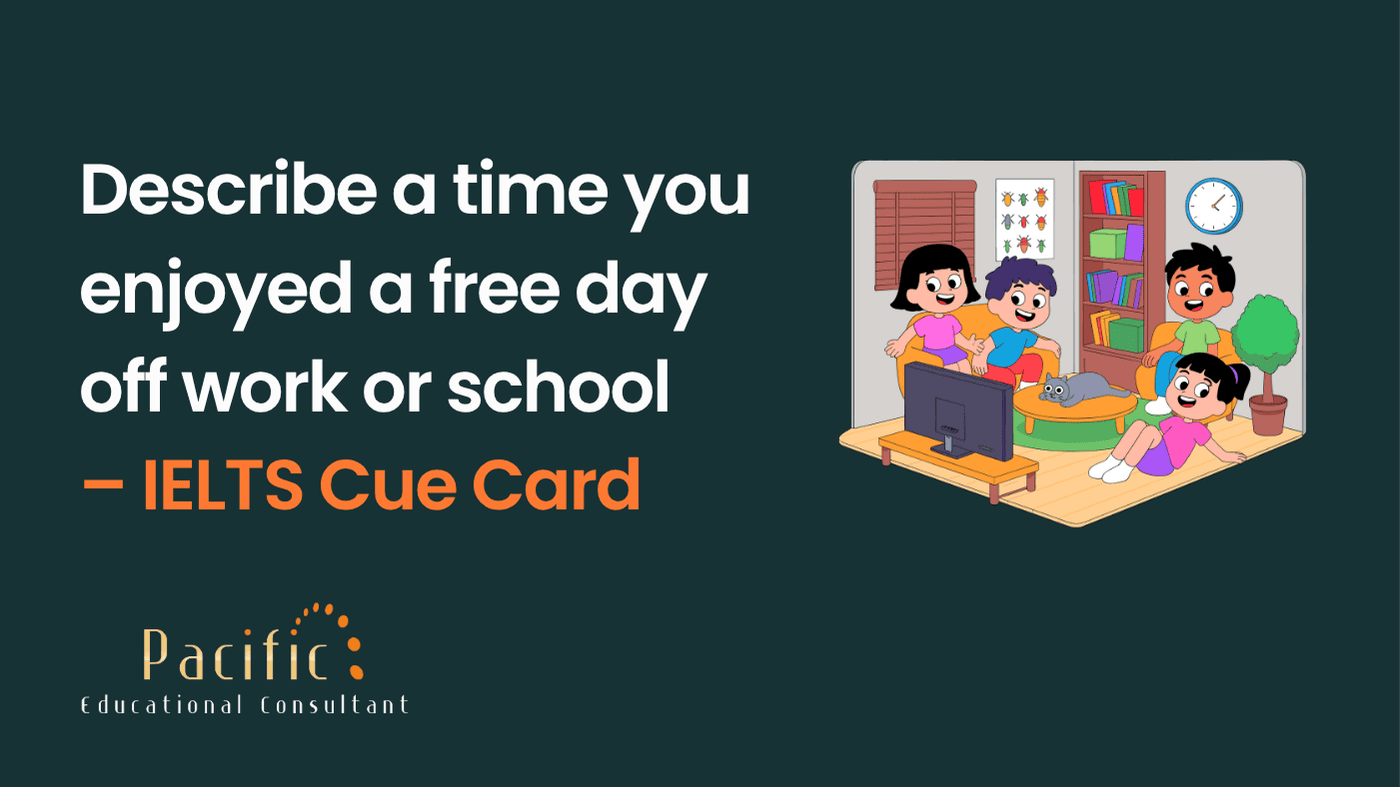


You should say:
The old person I would like to talk about is my grandfather, who is now in his late seventies. He is one of the most inspiring and knowledgeable people I know. He has always been very active, disciplined, and curious, even at this age.
He lives in our hometown, in a peaceful residential area. His house is surrounded by trees and a small garden that he takes care of every morning. He prefers living there because he enjoys the quiet environment and knows all the neighbours personally.
My grandfather has lived a very eventful and meaningful life. He served as a teacher for more than 35 years, helping hundreds of students shape their careers. He also travelled across India for various training programs and seminars. Apart from his profession, he volunteered in community work and helped in setting up a local library, which is still running today. His stories from the past—especially about his struggles during his early career—are always fascinating to listen to.
I feel extremely proud and motivated because of him. He has taught me the importance of hard work, patience, and honesty. Whenever I talk to him, I feel more positive and confident. He is not only a family member but also a mentor and role model for me.
Some people have more interesting lives because they take more risks and try new things. They travel, explore different careers, or follow their passions instead of playing it safe. Their mindset is usually open and curious, which leads to unique experiences. On the other hand, some people prefer stability, so their lives may seem simpler but still meaningful.
Not really. Young people usually enjoy fast-paced, modern lifestyles. They like technology, social media, travel, and career growth. Older people prefer a slower, peaceful lifestyle. They value family time, good health, and traditional activities. However, the gap is reducing now because many older people are also becoming active on social media and trying new things.
Young people can learn a lot from older generations, such as patience, discipline, and dealing with challenges. Older people have experienced failures, struggles, and successes, so their advice is practical. They can also teach young people about cultural values, family responsibilities, and long-term thinking.
Yes, generally they do. Most older people are retired, so they don’t have work pressure or strict deadlines. They can spend time on hobbies, family, or personal activities. Younger people, especially students and working adults, often have very busy routines and limited free time.
The lives of older people today are much better than before. They have access to modern healthcare, better transportation, and technology like smartphones to stay connected. Many of them live longer and healthier lives. In the past, older people had limited medical support and often depended completely on family members.
It depends on the person, but many older people enjoy technology when they learn how to use it. Smartphones help them stay in touch with family, watch news, and pay bills easily. But some older people still find technology confusing and prefer traditional methods.
Recent Blog

Describe an old person you know who has had an interesting life - IELTS Cue Card

Describe a toy you liked in your childhood - IELTS Cue Card

CPT Full Form: Difference Between CA CPT and CA Foundation

5 Indian Freedom Fighters Who Studied Abroad and Changed India’s History

New Zealand Student Visa Update: Work Limit Now 25 Hours/Week from 3 Nov 2025

Describe a family member who you want to work with in the future - IELTS Cue Card

Describe a noisy place you have been to - IELTS Cue Card

Describe a time you enjoyed a free day off work or school – IELTS Cue Card

Bachelor in Business Economics (BBE)

BE IT Full Form: Complete Guide to Eligibility, Syllabus, Fees, and Career Scope